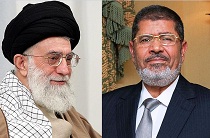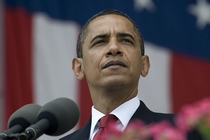Iran-Egypt: old foes, new competitors
Rivals Iran and Egypt have become the two most important powers in today’s West Asia. Yet, Iran is looking for neither a smooth victory nor a quick failure for Egypt’s rise. Tehran will remain the key regional player, while it’s too early to tell if Cairo is capable of overcoming Iran’s influence.








